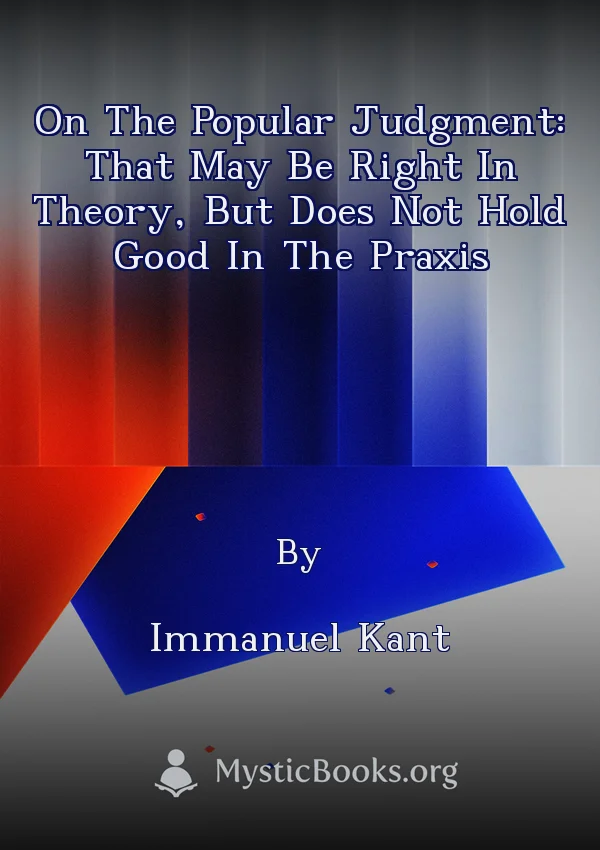
On the Popular Judgment: That may be Right in Theory, but does not Hold Good in the Praxis
'On the Popular Judgment: That may be Right in Theory, but does not Hold Good in the Praxis' Summary
In "On the Popular Judgment," Immanuel Kant delves into the complex relationship between theoretical principles and practical application. This essay, often referred to as "On the Old Saw" or "On the Common Saying," examines the saying "That may be right in theory, but does not hold good in the praxis." Kant tackles this issue through three distinct arguments, each addressing a different aspect of moral and political thought. The first section responds to a critique of Kant's moral theory by Christian Garve, the second addresses Thomas Hobbes's ideas, and the third focuses on the views of Moses Mendelssohn. These arguments represent Kant's broad philosophical engagement, encompassing individual ethics, the nature of the state, and the concept of humanity as a species. Although challenging to approach, the latter two sections are often seen as gateways to Kant's political philosophy, providing valuable insights into his thought, particularly when considered alongside his seminal work, "Perpetual Peace."Book Details
Language
EnglishOriginal Language
Published In
Authors

Immanuel Kant
Prussia
Immanuel Kant was a German philosopher and one of the central Enlightenment thinkers. Kant's comprehensive and systematic works in epistemology, metaphysics, ethics, and aesthetics have made him one o...
Books by Immanuel KantDownload eBooks
Listen/Download Audiobook
- Select Speed
Related books

Beacon Lights of History, Vol 4: Imperial Antiquity by John Lord
“Beacon Lights of History, Vol 4: Imperial Antiquity” by John Lord delves into the lives and legacies of prominent figures from the Roman Empire. It e...

Half-Hours with the Idiot by John Kendrick Bangs
'Half-Hours with the Idiot' is a collection of essays by John Kendrick Bangs, where a fictional character, Mr. Idiot, delivers absurd and satirical co...
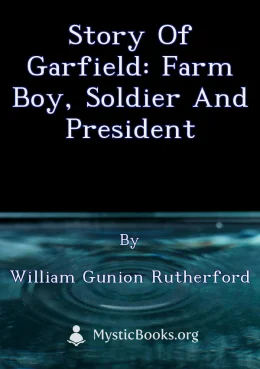
Story of Garfield: Farm Boy, Soldier and President by William Gunion Rutherford
This book tells the life story of James A. Garfield, the 20th president of the United States. It covers his early life in Ohio, his military service d...

Great Encyclical Letters of Pope Leo XIII by Pope Leo XIII
This collection compiles thirty of Pope Leo XIII's most prominent encyclicals and letters, offering a comprehensive look at his thoughts on various is...

Safe in their Alabaster Chambers by Emily Dickinson
Emily Dickinson's poems are unique for the era in which she wrote; they contain short lines, typically lack titles, and often use slant rhyme as well...
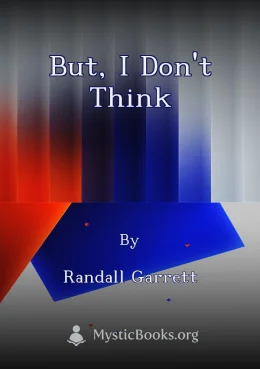
But, I Don't Think by Randall Garrett
In a future where humanity has spread across the galaxy, a complex and unusual social structure has evolved. The story revolves around the concept of...
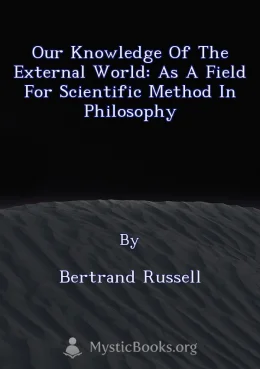
Our Knowledge of the External World: As a Field for Scientific Method in Philosophy by Bertrand Russell
Bertrand Russell's 'Our Knowledge of the External World' delves into the intricate relationship between our sensory experiences and the scientific con...
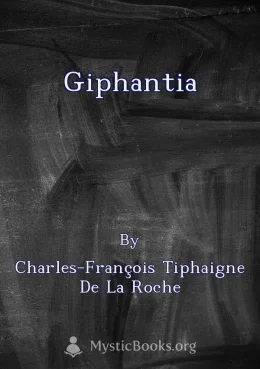
Giphantia by Charles-François Tiphaigne de La Roche
Giphantia is a philosophical memoir that explores the human condition. The author, Charles-François Tiphaigne de La Roche, has traveled the world and...
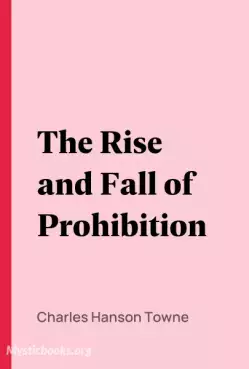
The Rise and Fall of Prohibition by Charles Hanson Towne
The strange phenomenon of Prohibition, after an appearance amongst us of over three years, is still non-understandable to the majority of a great, and...

The Forgotten Man and Other Essays by William Graham Sumner
In this, Sumner presents a essays on a variety of topics, including economics, politics, and social issues. Each essay is characterized by Sumner's cl...
Reviews for On the Popular Judgment: That may be Right in Theory, but does not Hold Good in the Praxis
No reviews posted or approved, yet...